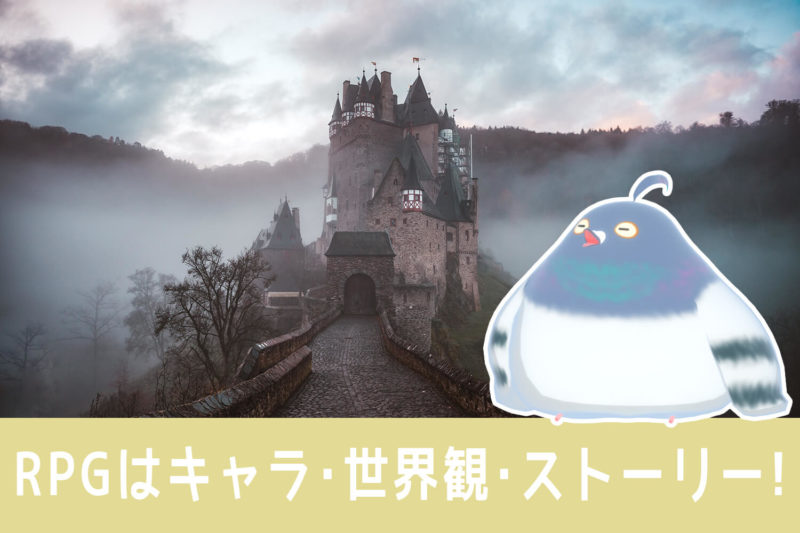
Hello, I’m Toha, a lover of games now and then.
Now that I am an adult, I can buy any game I want, whenever I want, and play it freely, and it’s so much fun. But when I was a child, I didn’t have enough money, so even if there was a game I wanted to play, I couldn’t do it.
But there are things I gained from such a childhood…
This time, I’m going to write about such a story.
- The most cost-effective game selection method arrived when I was a child with no money
- What I learned as an adult about “character, worldview, and story” is actually…
- Gameplay and game systems are not important in RPGs?
- Several games that selected “character, worldview, and story” in Toha’s theory
- Conclusion
The most cost-effective game selection method arrived when I was a child with no money
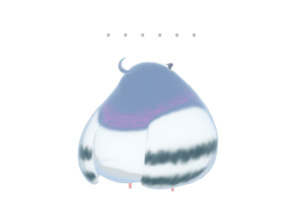
When I was a child, the Toha family was not rich, so even if there was a game I wanted, I could hardly buy it.
SNES software was expensive – some of them cost more than 10,000 yen each. I couldn’t afford to buy new games, so I bought games exclusively at second-hand stores.
At the time, it was a small pleasure to browse through the descriptions on the back of game packages at second-hand stores.
(There’s the problem of buying used and not getting paid by the game company… but that’s another story.)
But no matter how much cheaper used games are compared to new ones, they are still a considerable expense from a child’s perspective. It is necessary to carefully examine which game to buy from among the many used games available.
Since they were buying games with their precious money, it would be a problem if they bought a game but found it uninteresting or got bored with it quickly. That’s why most of the games that he bought were RPGs. Why is that?
For Toha, RPGs (role-playing games) are…
- Keep playing until clear (long-lasting)
- Not bored in the middle of the game (fighting games bore me quickly)
- Not too difficult (action games kill me quickly)
So it was just as well~
In other words, RPGs are cosmetic for Toha.
Furthermore, since I don’t have many reflexes, I often played command battle RPGs and turn-based simulation RPGs. (Dracula, FF, and Fire Emblem are all at the top of the list.)
However.
Even if we limit the game genre to RPGs, there are countless RPGs in the world. Secondhand stores carry a wide range of games, from very old games to relatively new games. The selection process is extremely difficult…
In such a situation, Toha will master “how to choose an interesting PRG from several games without missing a beat”.
Here’s how it’s done!
- RPGs should be chosen based on “character, worldview, and story!”
Although I had been exposed to games since my early elementary school years, this method had somehow become established in my mind by the time I entered technical college. I am sure he derived it from his own experience.
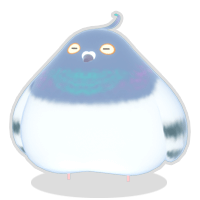
That’s why.
When Toha buys a role-playing game, he looks first at the “characters, worldview, and story” and if the game system is in line with the worldview, even better! And so it has been for a long time.
FF7, which is the starting point for Toha, is another game that fits this very category.
I’ve held this theory for a long time, both when I was working for a general company and after I moved to a gaming company, but since I left the company and started working as a sole proprietor, I’ve had a little surprise.
What I learned as an adult about “character, worldview, and story” is actually…
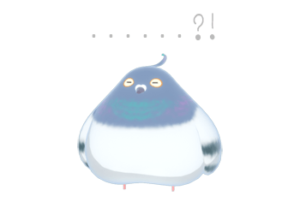
That little surprise was found in this book.
This book is written by Hirohiko Araki, creator of the manga “JoJo’s Bizarre Adventure,” on [the elements and techniques necessary to draw manga that readers read and that become a hit, using his research and experience.
Jojo is a very famous manga that everyone would at least know the name of.
It’s so interesting!
Hirohiko Araki, the author of Jojo, stated in his book.
When actually drawing manga, you should always keep in mind what I call the “four basic structures” of manga.
(1) Character
(2) Story
(3) Worldview
(4) Theme– omitted –
Just as what are called “classics” will always be masterpieces, the balance of the “four basic structures” is extremely important if we are to create “royal road manga” that will be read and passed down through the ages.
In fact, all of the works that are called masterpieces are neatly structured when checked using this “four basic structures” diagram.
Book: “Hirohiko Araki’s Manga Art

…Seriously?
Isn’t that a little surprising~!
I can’t believe that Toha’s theory on RPGs is a little bit similar to what Hirohiko Araki said!
Well, Hirohiko Araki is of course talking about manga, so this does not exactly apply to games.
But, when you read this book, you will see that it is the same for manga, video games, anime, and movies, which “have characters,” “stories,” and “worlds unique to the work.”
In addition to this, Mr. Araki also emphasizes the importance of “an unwavering theme throughout the work.
In general, most RPGs have characters and travel around the world following a storyline, so “manga that is interesting to read” and “RPG that is interesting to play” may have many things in common.
So.
The “elements of an interesting RPG,” which he arrived at because he was unable to buy many games due to lack of money, were surprisingly also elements of an interesting work in general that could be used in a wide range of fields!

Somehow I’m glad♪
Perhaps it is something basic that is taken for granted by those who are eager to learn, those who have a deep knowledge of creative work, or those who are already expressing themselves through their works.
Besides, I think many people know this sensibly, even if it is not verbalized in their own minds.
That’s why works that have the right “characters, worldview, story, and theme” will be supported by many people and called “masterpieces.
Gameplay and game systems are not important in RPGs?
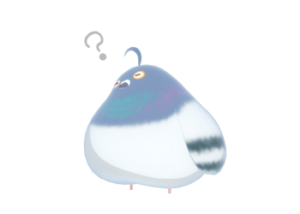
さWell.
The three essential elements of an interesting RPG are the characters, the worldview, and the story!” If you say something like that, it might sound like, “Well, it doesn’t have to be a game, does it?”
If there are “good characters,” “an attractive worldview,” and “an interesting story,” it doesn’t matter what medium is used to express them, whether it is manga or video works. And.
In doing some research for this article, I found a rather interesting discussion.
(*Sorry, the Togetter summary where the gameplay was discussed seems to have disappeared↑)
Reading this, I think it’s really great that everyone is thinking about so many things.
In short, “It’s a game, but the game part isn’t considered important?” I’m just saying…

Toha doesn’t think so~
In the book I just mentioned, Hirohiko Araki says that “manga is a comprehensive art.”
In this sense, games are more of a comprehensive art form. Effects, music, operability, UI/UX, etc. are all included.
So I think it is a balance rather than just looking at one element and deciding whether it is important or not.
This is also a pet theory, but Toha believes “whether a game is fun to play is everything”.
And “whether it’s fun to play or not” is determined by The overall game experience including everything × The preferences of those who play.
Therefore, I think many factors seem to be important in RPGs but are not so important in puzzle games, and different people place importance on different aspects, such as the storyline or ease of operation.
I tried to play a game that was highly acclaimed in the world, but it wasn’t good enough for me…
These things happen sometimes, don’t they?
Everyone has his or her way of playing games, and everyone should enjoy playing games that he or she feels are fun to play.
RPGs are a genre in which differences in game systems are difficult to distinguish, so the weight of the fun comes from the characters, worldview, and storyline.
Of course, some place more emphasis on the fun in RPGs, such as FF’s Job Change, Octopath Traveler’s Boost & Break, or the battle system.
As for Toha, “If the game system fits the worldview, it is even better” – it remains the same
Several games that selected “character, worldview, and story” in Toha’s theory
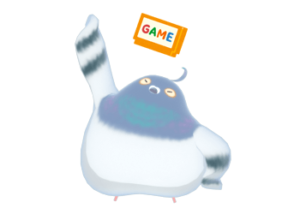
From here on, we would like to introduce the games that Toha has selected and played on my theory, “Choose RPGs based on character, worldview, and story!
If you are not interested in the games, there is no need to look at them, and even if you do, there are some games that you may not have the means to play now. If you are free, please take a look.
Energy Breaker (SNES)
A game that may be rather maniacal.
The characters are all unique and visually appealing, and the storyline seems interesting, so I bought this game and found it quite interesting. The graphics are beautiful and the background music is great.
I thought I’d seen the character’s drawing somewhere before… but after I bought the book, I was surprised to realize that the manga artist Yasuhiro Naito drew it. (TRIGUN was being serialized at the time, and I watched anime every week.)
Breath of Fire IV: The Utsuroawa-azaru Mono (PS)
The first Capcom RPG I ever played.
I love the worldview of “Muddy Sea,” which sounds interesting and has a disturbing atmosphere. The story is quite disturbing, and it may or may not have a depressing aspect. The characters are wonderful, with a variety of races.
I remember thinking that this was Capcom’s RPG, which was famous for its gaming games because the animation of the dots was so detailed and moved so well during battles and outside of battles.
Persona 2 Punishment (PS)
The first Atlus RPG I ever played.
If the characters, worldview, and story seem interesting, I’m not afraid to play from the middle of a numbered title, Toha. However, Persona 2 is a set of Crime/Punishment, so I don’t recommend you to start from Punishment! I can’t understand the story.
But Toha was attracted to the more mature characters in Punishment, and I don’t think he would have bought it if it was a character from Sin. This is the only game in the Persona series where the main character is not a high school student. The pictures by Kazuma Kaneko, aka Demon Artist, are also good.
Stella Deus (PS2)
A simulation RPG from Atlus.
I bought this work because I liked the atmosphere of the character pictures and the worldview, the storyline that seemed to be heavy with war and I like SRPGs. It was not a good game, or I could not play it until I cleared it.
It is said that this work was the first time that Shigeki Soejima, the main character designer for Persona 3, 4, and 5, drew pictures in his style. If you ask me, it certainly has the feel of the characters from Persona 3 onward.
Baroque Distorted Delusions (PS)
A game that only has characters that look dangerous.
The irredeemably decadent worldview is fascinating in any case. The game system is a so-called “Mystery Dungeon” type, but the names of the items that appear in the game are all kind of dangerous. The names of the items are all very dangerous, such as “heart” and “penal instrument.
Toha played the PS version, but when I checked, there was a PS2 version as well. Switch DL version was also out. It’s scary enough to be played by Toha, who likes spooky atmospheres but can’t play horror games. If you’re interested, here you go~!
Valkyrie Profile: The Blame-Bearer (DS)
The third title in tri-Ace’s flagship Valkyrie Profile (VP) series.
VP is a game popular for its dark worldview, storyline, hot battles, and BGM. I bought this game because I thought it would be fun if it was released as an SRPG, which is one of my favorite games. The worldview of the VP is still there.
The game’s system is also very appealing to me, and I like the fact that the game difficulty changes depending on whether or not you gain power by sacrificing your friends, while the number of friends you sacrifice also affects the story.
Xenoblade (Wii)
A masterpiece of legitimate evolutionary JRPG.
At first glance, Xenoblade’s characters look a bit plain. However, the overwhelming appeal of the worldview more than makes up for this, and as you walk through the world and follow the story, you will naturally grow attached to all the characters.
This game was born from the idea that “it would be interesting if people lived on the huge body of God. The worldview alone is great, but the fun of the game only comes when you actually play it! If you want to play it now, choose the Switch version.
Conclusion
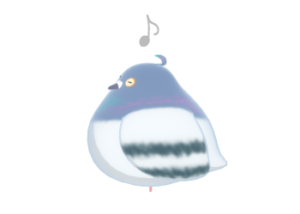
Toha is not a game critic, and the number of games he has played is not very large.
He simply loves to play games.
This has led me to become involved in games at work, but when I play games as a user, I am still “just a game enthusiast.
I will continue to play many interesting games, including RPGs!
As an aside, here is the book I mentioned in the article.
Although it is titled “Manga-jutsu,” there are many things in the book that can be learned even by those who do not aspire to be cartoonists.
If you want to create visual works, publish your games, or are interested in character IP, everyone should read this book, so if you know Jojo and think it’s an interesting manga, please read it!
I think that the current glory of Hirohiko Araki and Jojo’s
It was not based on talent alone but was built on steady effort, research, and study…
I gained something just by knowing that I was able to do this.
It’s really hard to make a work of art that people pay attention to and love!

Let’s work steadily.

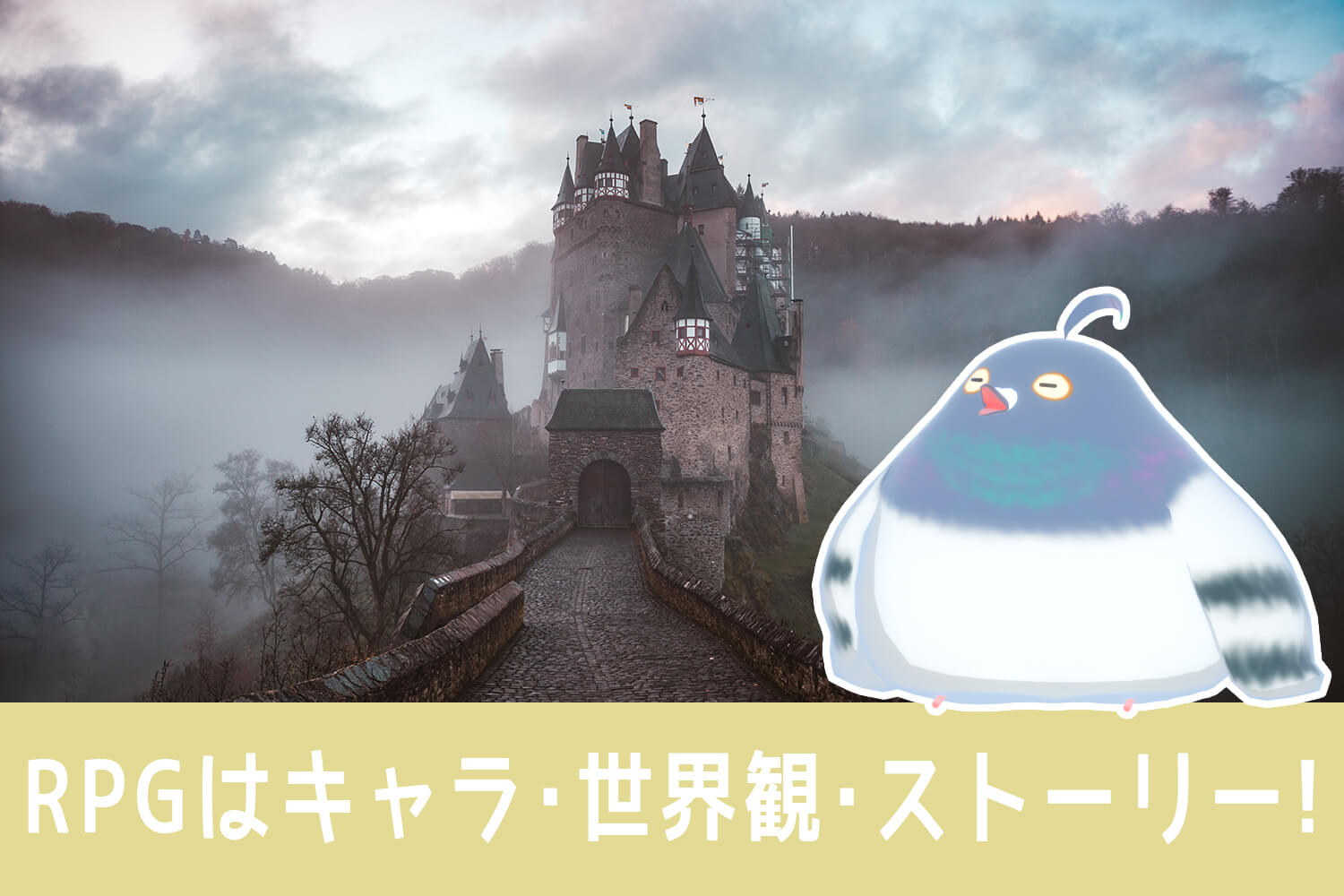







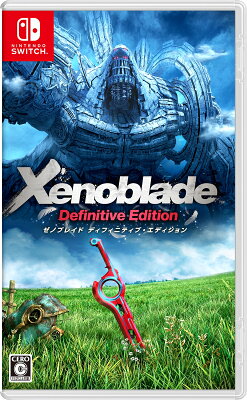
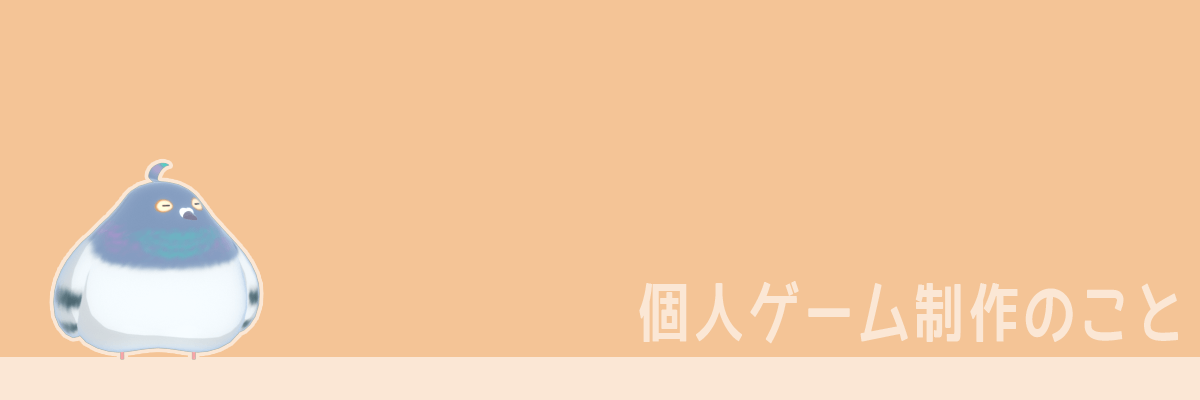

- Coments - コメント一覧